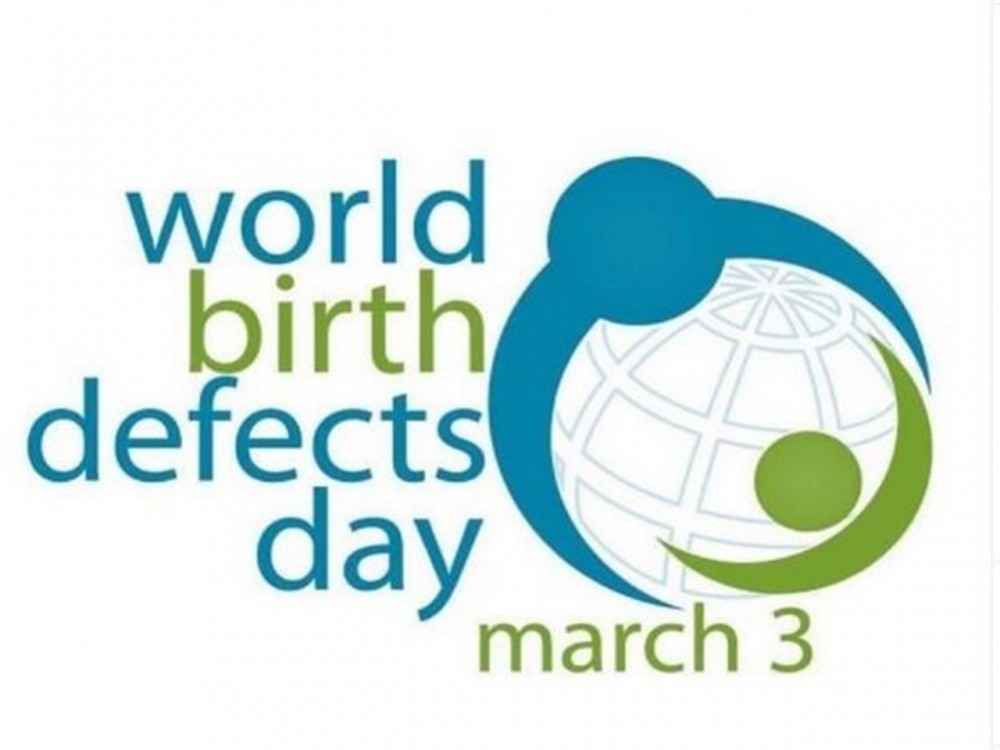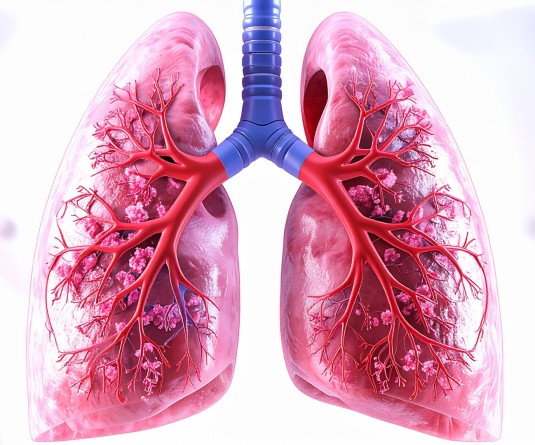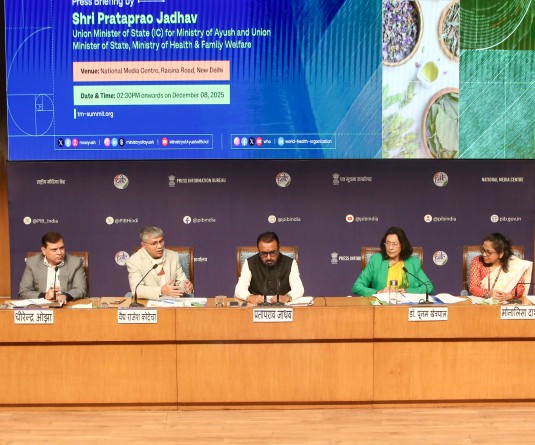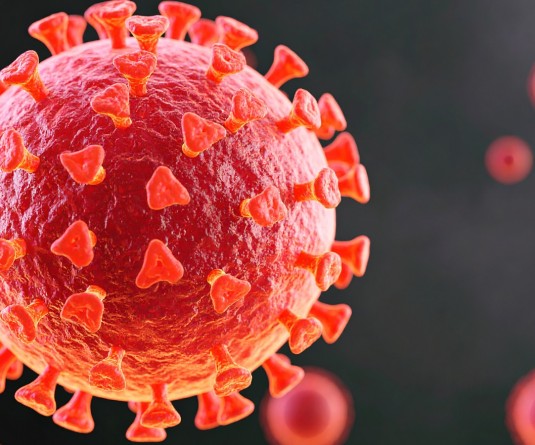
New Delhi, Marrch 2 (PTI): On the World Birth Defects Day, the WHO and its member States in the South-East Asia Region and globally have called for increasing awareness about all birth defects and improve access to quality care and treatment.
In 2019, birth defects accounted for more than 5,30,000 deaths globally, including more than 1,17,000 deaths in the region around 22 per cent of the global total, said Dr Poonam Khetrapal Singh, the WHO Regional Director for South-East Asia said.
They were the third most common cause of child mortality in the region, and the fourth most common cause of neonatal mortality, constituting 12 per cent of all neonatal deaths, she said.
In addition to mortality, birth defects can cause long term morbidity and disability, which in low and middle-income countries, can strain health system, social and family resources, Khetrapal Singh said.
In all countries of the South-East Asia Region, the WHO will continue to intensify efforts to increase birth defect prevention, surveillance, care and research, accelerating the World Birth Defects Day (WBDD) movement, she said.
She said amid the COVID-19 response, the WHO continues to support all countries of the region to protect, defend and advance progress in all areas of health, including to accelerate reductions of maternal, neonatal and under-five mortality since 2014, a flagship priority.
She said all member-States have in place national action plans to prevent and control birth defects, and have initiated hospital-based birth defects surveillance.
Six member states Bangladesh, Bhutan, India, Maldives, Myanmar and Nepal continue to provide high-quality data to a WHO-supported online surveillance database, which by the end of 2021, had registered more than 4 million births, including around 45, 000 babies born with birth defects. Khetrapal Singh said.
As part of region-wide efforts to eliminate measles and rubella by 2023 another flagship priority all countries of the region have introduced rubella vaccination of girls, reporting an average 83 per cent coverage, she said.
For the region to achieve key targets and goals -- including a 35 per cent reduction in folic acid-preventable neural tube defects, a 50 per cent reduction in thalassemia births, and to eliminate congenital syphilis several priorities must be addressed, Khetrapal Singh said.
"Our WBDD movement must continue to build. Birth defects are common, costly, and critical. Across the Region, they account for an increasingly large proportion of under-five mortality as other causes continue to decline. Together, we must continue to integrate interventions to increase birth defect prevention, surveillance, care and research across programme areas, accelerating progress towards our Flagship Priorities and 'Sustain. Accelerate. Innovate' vision," she stated.






